Fresh Saudi airstrike leaves 3 more Yemeni civilians in western Ta’izz
At least three civilians have lost their lives when Saudi military aircraft carried out an aerial assault in Yemen’s southwestern province of Ta'izz as the Riyadh regime presses ahead with its devastating aerial bombardment campaign against its impoverished and conflict-ridden southern neighbor.
Local sources, speaking on condition of anonymity, told Arabic-language al-Masirah television network that the Saudi warplanes targeted a school in an area of the Mawza district on Sunday evening.
They added that the school manager, identified as Saad Qaed Oyoun, his son and brother were killed in the assault.
The development came less than a day after Yemen’s official news agency SABA reported that three Saudi airstrikes had killed at least ten women in the central province of Ma'rib.
The report added that the victims lost their lives overnight in an area of the Harib al-Qaramish district as they were returning from a wedding party.

Saudi Arabia has been incessantly pounding Yemen since March 2015 in an attempt to crush the popular Houthi Ansarullah movement and reinstate the former Yemeni president, Abd Rabbuh Mansur Hadi, a staunch ally of the Riyadh regime.
More than 12,000 people have been killed since the onset of the campaign more than two and a half years ago. Much of the Arabian Peninsula country's infrastructure, including hospitals, schools and factories, has been reduced to rubble due to the war.
The Saudi-led war has also triggered a deadly cholera epidemic across Yemen.
According to the World Health Organization’s latest count, the cholera outbreak has killed 2,167 people since the end of April and is suspected to have infected 841,906.
On November 26, the United Nations children’s agency (UNICEF) said that more than 11 million children in Yemen were in acute need of aid, stressing that it was estimated that every 10 minutes a child died of a preventable disease there.

Additionally, the UN has described the current level of hunger in Yemen as “unprecedented,” emphasizing that 17 million people are now food insecure in the country.
It added that 6.8 million, meaning almost one in four people, do not have enough food and rely entirely on external assistance.
A recent survey showed that almost one third of families had gaps in their diets, and hardly ever consumed foods like pulses, vegetables, fruit, dairy products or meat.
More than 3 million pregnant and nursing women and children under 5 also need support to prevent or cure malnutrition.
California's fires reminiscent of Israeli savagery in Gaza: Zarif
VIDEO | Press TV's news headlines
Israeli ministers discuss plot to divide Syria: Report
Pezeshkian felicitates Aoun on election as Lebanon’s president
VIDEO | Brutal murder of journalist in India prompts calls for justice
VIDEO | Iran unveils new AI drone in Great Prophet 19 military drills
110,000 Basij forces display defense capabilities in Tehran parade
VIDEO | Joseph Aoun elected as president of Lebanon


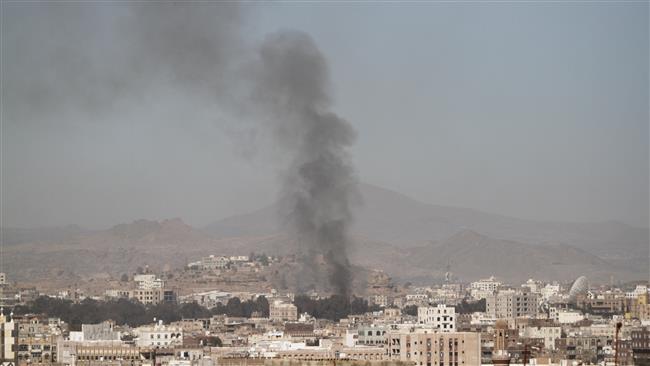


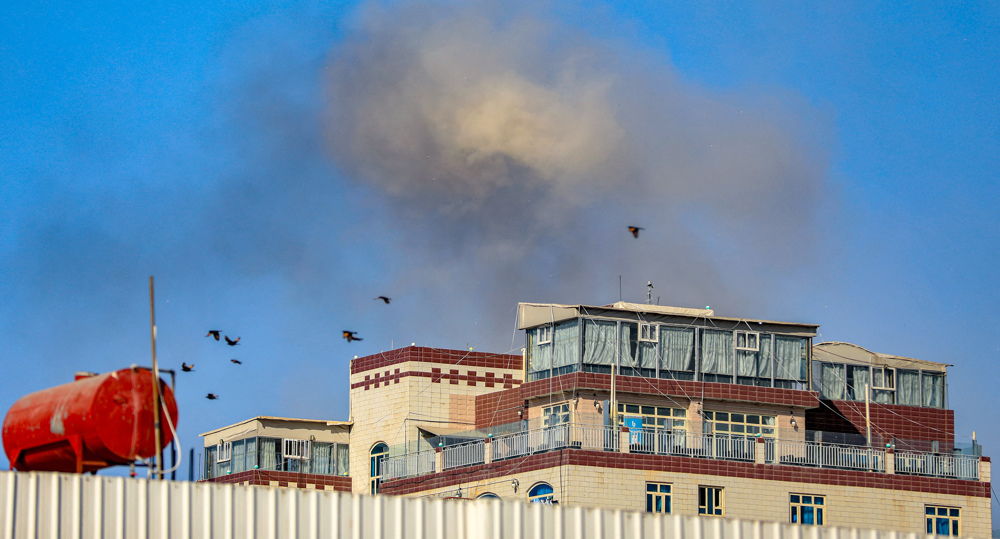




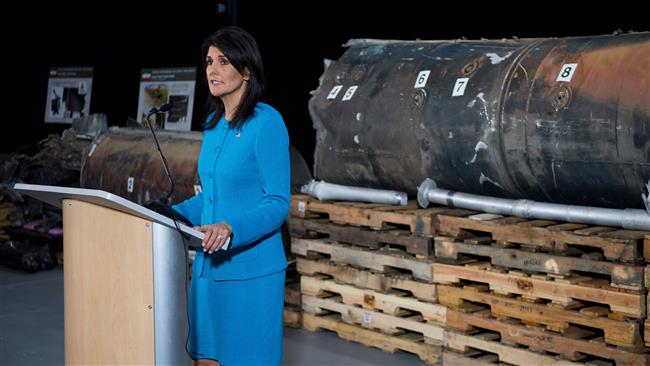

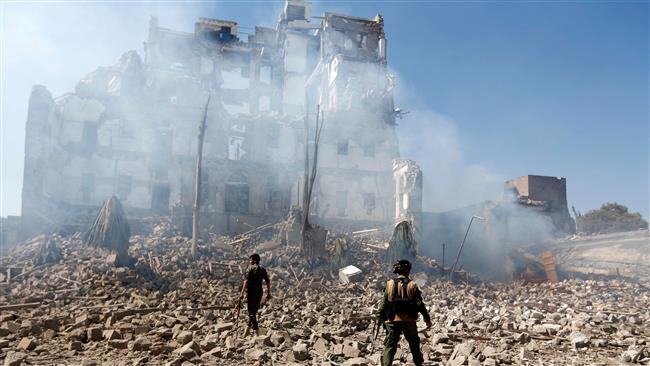

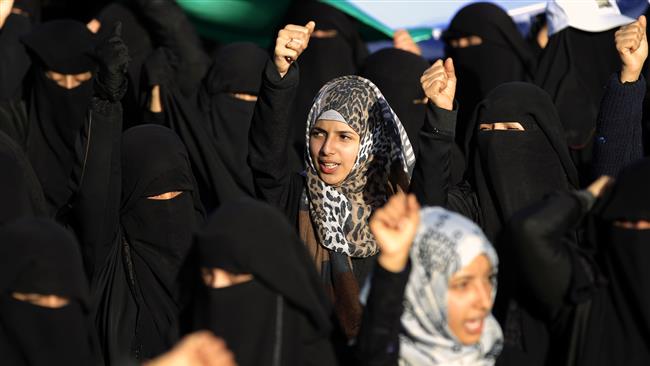
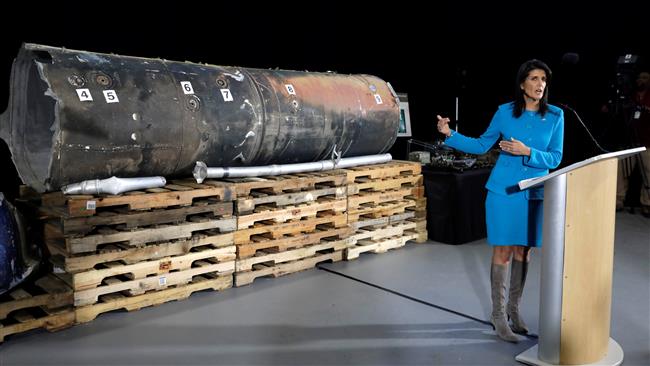
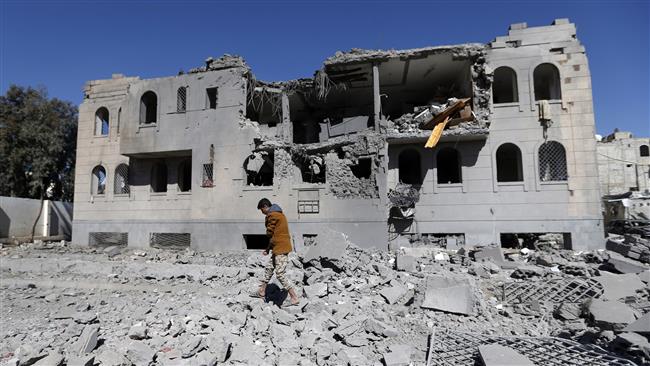
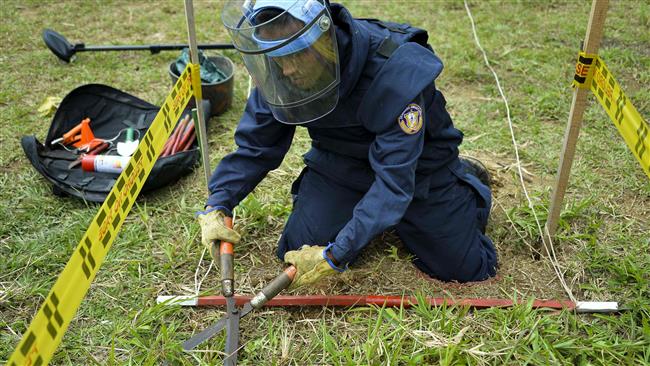

 This makes it easy to access the Press TV website
This makes it easy to access the Press TV website